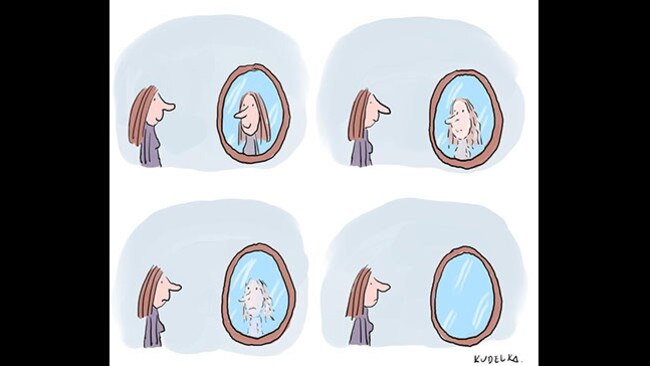Still Alice: Julianne Moore’s portrayal of Alzheimer’s is powerful
Recently I saw a remarkable film in which three or four moments are so stunning as to be ineradicable from memory.

A work of art should really be judged in the round. This is especially true of narrative art — a novel or a film, or even a narrative poem. But more often it’s the intense, pure moments that stay with us.
In a mature work of art, these moments are made possible by the context, by the atmosphere and engagement the whole has created for the specific. That’s why narrative works that are discontinuous, or which try to take any short cut to an effect rather than creating a rounded narrative, are always so unsuccessful.
In art, the epiphany comes after, not instead of, toil.
Recently I saw a remarkable film in which three or four moments are so stunning and powerful as to be, I suspect, ineradicable from memory. Let me issue a full spoiler alert. If you have not seen Still Alice and think the plot lines of a film that deals with early onset Alzheimer’s may surprise you and that knowing them may spoil your enjoyment of the film, then don’t read on.
I found Still Alice so powerful that I could not watch it all straight through. I was making two plane journeys on the same airline on consecutive days. So when I found Still Alice just too painful I switched off in my cowardly fashion, knowing that I could dip back in the next day for the rest of it.
Although it is one of the most emotionally wrenching films I have seen, Still Alice is not remotely a manipulative tear-jerker. Alice, played by Julianne Moore, is a brilliant academic, a professor of linguistics, married to a fellow academic played by Alec Baldwin, and they have three adult children. Alice turns 50 and begins to exhibit early onset Alzheimer’s.
Much that follows is broadly predictable but there are two aspects of it I found almost unbearable to watch. Baldwin plays a loving husband. He is not having affairs. He is not inattentive. The marriage of three decades is a success. He is entirely supportive. But he is not especially heroic.
This is evident in three or four of what I class the most terrible scenes ever on film, all the more powerful because they are so under stated. A long portion of the film occurs while Alice is still Alice, aware of herself and her personality, but has lost a lot of memory and a lot of function. She and her husband are having a holiday at their beach house. He is always working on his laptop. She cannot distract herself with reading as she did formerly. She tries to read Moby Dick but finds herself reading the same page over and over again. Without exactly saying so, she asks Baldwin to play with her. But he advises her to read something simpler than Moby Dick. She observes, without rancour but with an aching regret: “You always work.”
Later she asks him more seriously to take a sabbatical, take the next year off and spend it with her. After all, she says, it’s the last year I might still be myself. He asks her not to say that but fobs her off. He’s not going to take a year off to be with her. She repeats the request later on and this time when he says no she offers the relatively benign interpretation that he can’t bear to see her afflicted in this way. But really he is just a bit selfish, not willing to subordinate his booming career to his wife’s needs, and no longer as desirous of her company as he used to be. The extraordinary power in these scenes comes substantially from the fact that the Baldwin character is not a bad guy. He is to some extent devoted, but only to some extent.
In the end I hated him, although he is presented sympathetically. And yet he is also every one of us who has ever neglected a spouse, or a child or a parent for that matter.
The other unbearable moment comes from an earlier instruction the lucid Alice leaves on her computer hoping that later her increasingly confused self will see it. It concerns the idea of Alice taking her own life. I defy anyone to watch the scene, when Alice later views this message, without profoundly mixed emotions.
I have known a couple of people with Alzheimer’s and marvelled at the heroism of their partners. This film showed me how very little I knew indeed. Imbued with understated poetry, It is a singular and magnificent work of art.


